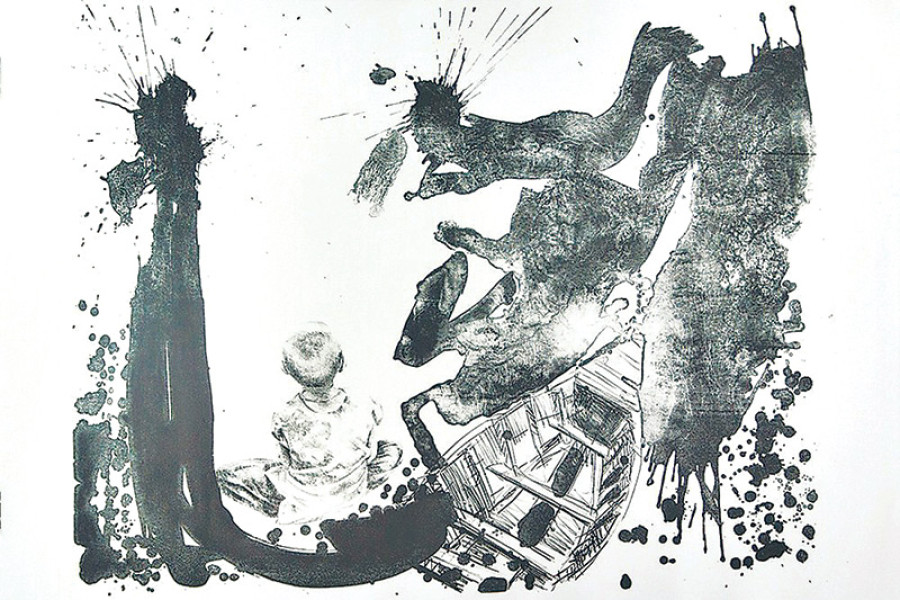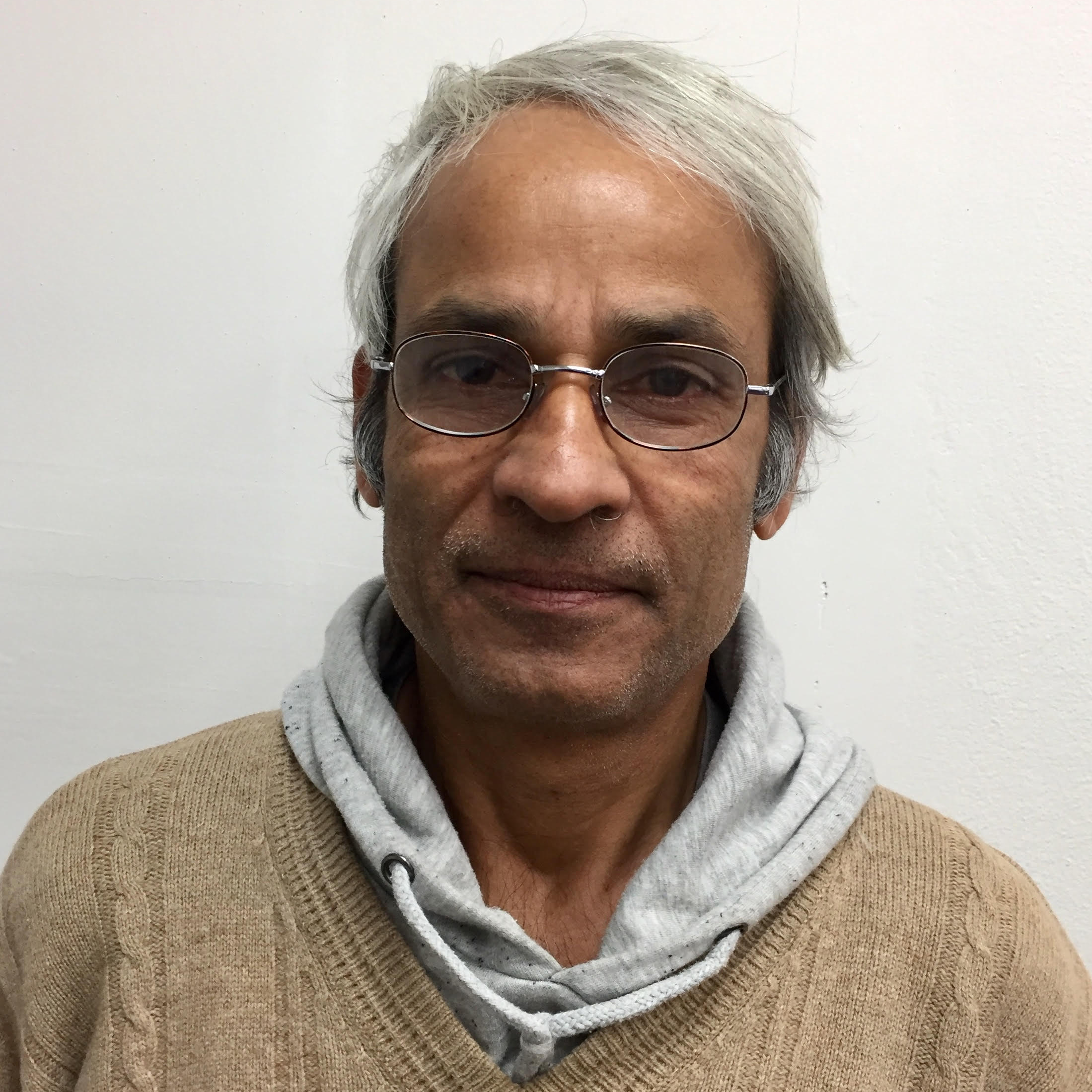Opinion
Protracted political transition
Nepali youths have become aware that the course of progress can be expedited by adopting right policies
Jagannath Adhikari
Two interrelated questions have haunted us in recent times: why has there been disorder in our politics for such a long time? And, why are people discontented with Nepali politics?
By now, most of us agree that our political transition has taken too long and that the settlement of political issues is nowhere in sight. Political leaders still seem uncertain about holding local level elections, which the people have sought for a long time. This has agitated many concerned citizens of the country, especially the youth. There is also growing disillusionment with the political class, and leaders are criticised and blamed for the lacklustre political and developmental progress in the country.
Two schools of thought
There are two ways to explain the above tendencies. One can argue from a ‘design’ perspective or from an ‘evolutionary’ one. The first one supposes that if anything exists, then there is a maker of it. As the politicians are considered the creator or designer of our political system, they are to be held responsible for the current
political situation. In fact, people, particularly youths, believe this perspective, and they put all the blame on politicians for creating the present situation.
But from an ‘evolutionary’ perspective, there is no maker as such. This concept comes from biological systems, but it is also applied to understand social and political systems, as there could be many socio-political developments that might exhibit an evolutionary trend. In fact, our political leaders often resort to the basic tenets of this way of argument, but without fully understanding the concept. They usually argue that it takes a long time to stabilise the political system. They often cite examples of European countries to reinforce the idea that the full development of a democratic system undergoes several upheavals and takes a long time.
Looking at the biological system, the evolutionary process has led to a sense of order from what we generally call ‘chaos’. Chaos generated from randomness and accidents slowly gave way to high diversity and a systematic order in the biological world, leading to interdependence among different categories and a total balance in the system. But it took about 4 billion years for this system to come to its present form. However, in socio-political systems, this metaphor is meant to indicate that a very long time is required for a chaotic system to change into an orderly one if it is left to follow a natural or spontaneous course.
As our life is short, we do not like to effect socio-economic changes through an evolutionary process. Therefore, the argument that it takes a long time to change a socio-political system, and bring about stability to benefit people, makes little sense. Today’s youths in particular would not subscribe to this line of argument, as they have seen that there are ways to expedite the process. This is one reason why they criticise the political class.
That said, we have seen some progress even in this chaotic political situation. But again, this progress has come about from good intervention or design, not from an evolutionary process. After the reinstatement of a democratic political system in 1990 and adoption of good policies, we witnessed a few positive changes in the economy, health, and infrastructure. For example, Nepal achieved many of the Millennium Development Goals (MDGs). Reduction in poverty and in maternal and child mortality, and improvements in life expectancy and in literacy have been impressive. In fact, Nepal has made some remarkable progress in social development as compared to countries like India that have enjoyed higher economic growth for some time.
Seeds of conflict
The question then arises as to why there is disenchantment with the political system even when there has been some progress. This can again be looked at from the ‘design’ perspective, which makes it possible to assess which design is better and which one accelerates the course of improvement. Nepali youths are constantly comparing their situation with others (like those in India, China or other developed countries). Rapid globalisation and participation of many Nepali households in this process has made it possible for them to make that comparison.
Migrant returnees often make this comparison and feel frustrated upon seeing their country’s lack of progress in comparison with the countries they have visited. A section of them also feels nostalgic for the period before they left the country and prefer the past that had a semblance of order, peace and security. The tension between the preference for rapid change and nostalgia for the past to escape the frustration of the present contains the seeds of conflict, which can germinate unless handled prudently.
On the other hand, our political leaders in general have been unable to show that they are working honestly and diligently for the people, who, after experiencing the winds of globalisation and a taste of a life in richer countries, have started to demand more physical comfort and security at home. The slogan of mere ‘political freedom’ is now not able to satisfy this new global and hungry generation. This dissatisfaction also indicates the possibility of more political agitations.
Given that a chaotic socio-political system may not transform itself quickly into a progressive and stable one, proper intervention (ie, design and its actualisation) is required. At present, one such intervention has come in the form of local elections. This could be a step forward in bringing order to the chaotic political system and to establish inclusive local governance, which could help cement inclusion at higher political levels. Nepal’s new constitution has given some self-governance power to the local level with the provision for the participation of women and marginalised communities in decision-making bodies. As it can be vital for good governance and inclusion at higher levels, Nepal cannot afford to lose this opportunity.
Adhikari is a human geographer with an interest in development planning




 9.89°C Kathmandu
9.89°C Kathmandu










